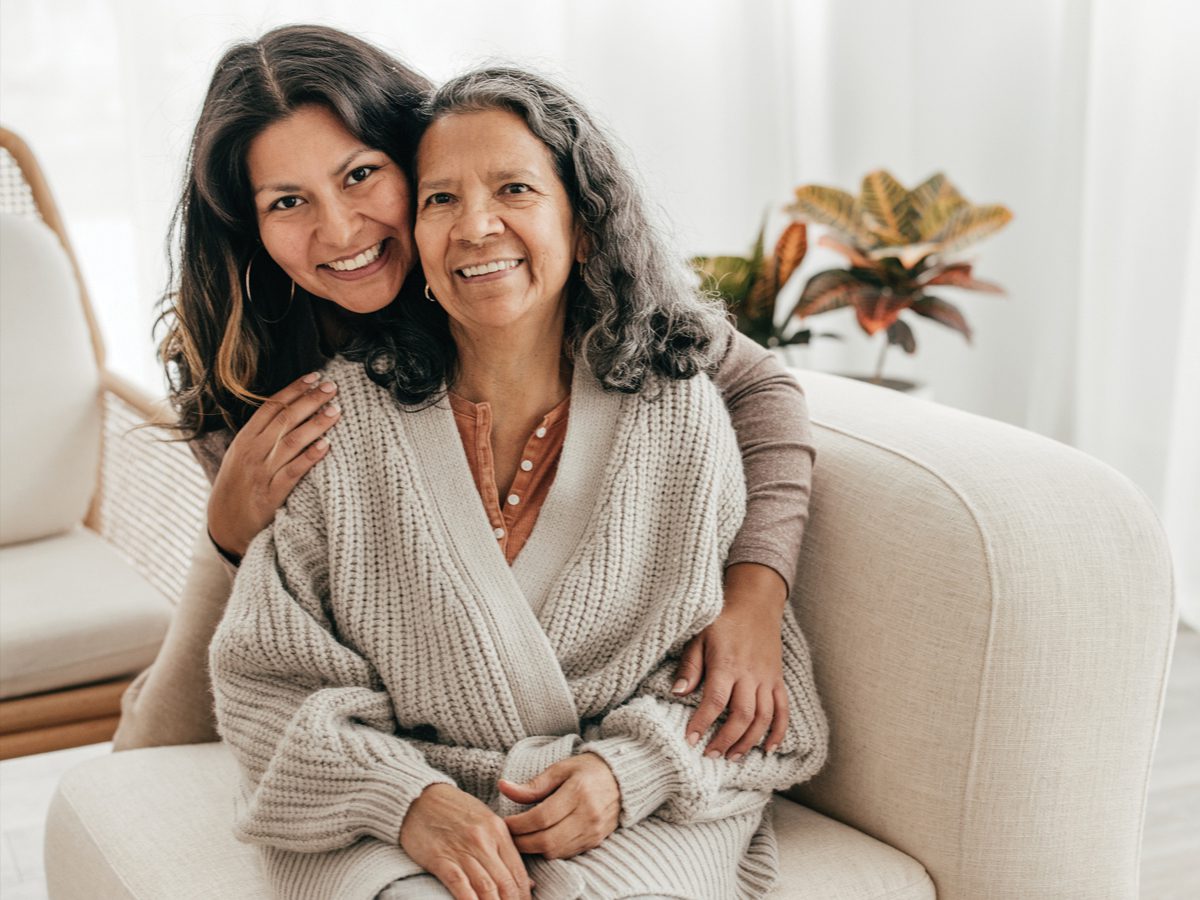When Dementia Touches Your Life


Christina Rubano
“It’s not just about the person living with dementia. It’s about the whole family and how they’re going to manage the emotional, physical and logistical realities of what lies ahead.”
When dementia enters a family’s life – through memory lapses, confusion or behavioral changes – it affects everyone. “It’s not just about the person living with dementia,” says Christina Rubano, LCSW, ACHP-SW, who coordinates Samaritan’s Dementia Care Program. “It’s about the whole family, and how they’re going to manage the emotional, physical and logistical realities of what lies ahead.”
Samaritan, widely recognized for its expertise in palliative and hospice care, has expanded over the past 45 years into a leader in advanced care for serious illness. Based in Mt. Laurel, the not-for-profit also provides home-based primary care, dementia services and early care coordination in the healthcare journey. As dementia gradually progresses, often over five to eight years, Samaritan surrounds patients and their loved ones with a circle of care through Samaritan Care Pathways, providing seamless transitions of care.
“There are several types of dementia – Alzheimer’s, Lewy body, frontotemporal, vascular – and they each show up differently,” Rubano says. “Some affect memory, others affect behavior or movement. But they all change how the brain works, until eventually, a person can’t care for themselves at all.”
That’s why Samaritan encourages early connection. Their team helps families think through the next steps: Who will make decisions when the patient can’t? What care will be needed as memory declines? Where will that care occur and who will provide it?
“These are hard conversations,” Rubano says. “But having them early lets the patient be part of the process. We help get their wishes in writing – and honor their goals for care and quality of life. It’s not just about documents. It’s about respecting the person.”
Dementia caregiving is a unique kind of labor. “Caregivers lose their loved one in a slow, quiet way,” Rubano says. “One woman I visit told me, ‘He’s still here, but I’m so lonely.’ She and her husband used to go out together and talk over coffee. Now she takes him out so she can feel how their relationship used to be.”
Samaritan supports caregivers with social work visits, friendly callers and help connecting with support groups. Its Social Connections program also comforts patients with tools like robotic pets – cats and dogs that purr, bark and respond to touch.
“One patient has a robotic dog sitting on his lap every time I see him,” Rubano says. “He talks to it, pets it. It calms him down. It gives him something to care for. And it gives his wife a little peace.”
Starting this month, Samaritan will also provide services through GUIDE, a national Medicare model designed to improve dementia care. Families may qualify for additional services through GUIDE, including respite care, along with Samaritan’s 24/7 phone support from trained dementia navigators.
“A lot of people don’t have money to pay for extra help at home, so they push themselves until they’re overwhelmed or end up in the hospital,” says Rubano. “Samaritan gives caregivers real support and relief. That’s huge.”
Family caregivers will have guidance and support, even during those late-night hours when fear and confusion set in, she says.
Samaritan has always been about meeting people where they are, and with dementia, that means staying present, planning ahead and showing up with compassion day after day.
“If you’re worried about dementia and a loved one, even if it’s just small things, we’re here to talk,” says Rubano. “You don’t need a diagnosis to ask for help.

To request your complimentary Dementia Care Resource Guide, visit samaritannj.org or call 856-596-1600.

